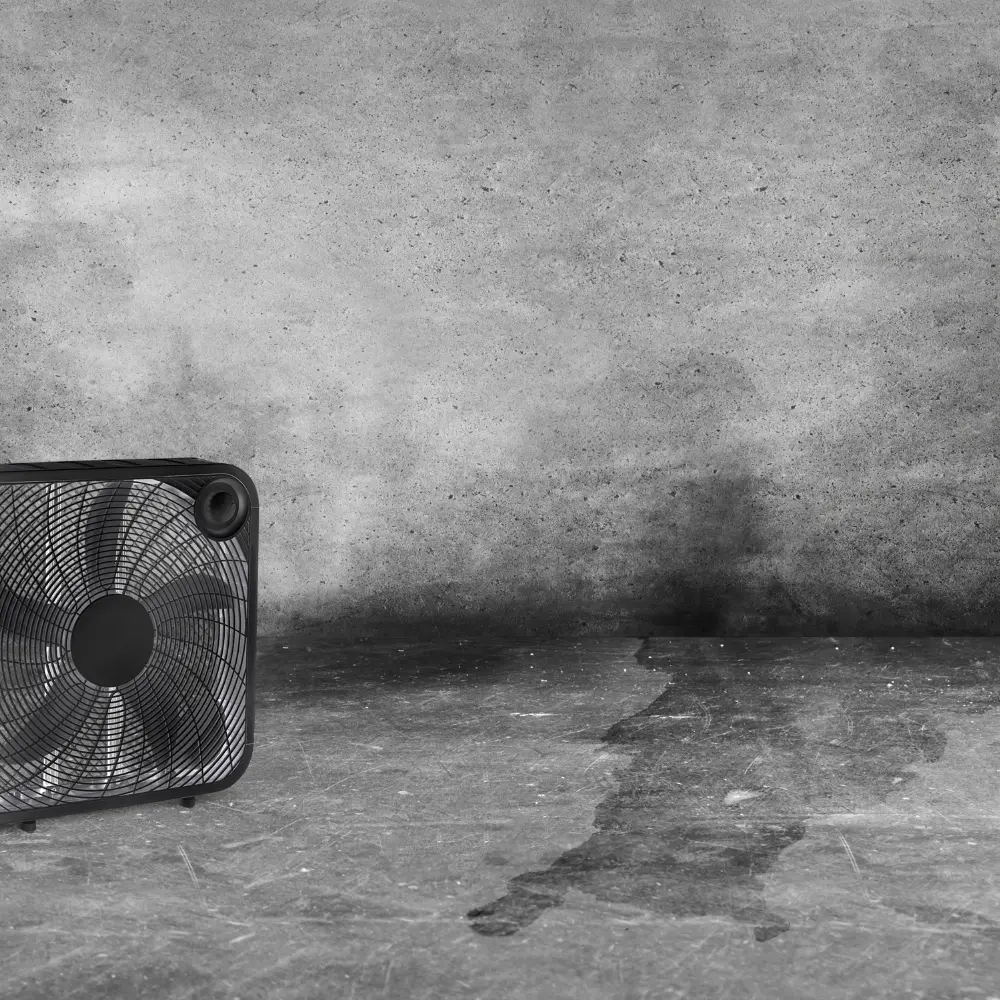Basement Crack Repair Staten Island & Nashville
Secondary: 347-703-0019
Secondary: 917-681-3146
Family Owned | In Business Since 1992 | Same-Day Service
 Many Staten Island homeowners with moisture problems choose to waterproof basement walls from the inside. While this method can offer some protection, it is crucial to understand how interior waterproofing targets the walls themselves and how effective it is at addressing water seepage through those surfaces.
Many Staten Island homeowners with moisture problems choose to waterproof basement walls from the inside. While this method can offer some protection, it is crucial to understand how interior waterproofing targets the walls themselves and how effective it is at addressing water seepage through those surfaces.
Interior waterproofing for basement walls primarily involves applying coatings, sealants, or membranes directly to the inside surfaces of the walls. These products prevent moisture from passing through the porous concrete or small cracks that may develop over time. The process generally includes:
Interior waterproofing focuses on blocking moisture before it can enter the basement and damage interior surfaces or belongings. However, while these methods can be effective at preventing water from visibly entering space, they do not address the root cause of water buildup around the foundation.
Interior waterproofing can help manage minor leaks and dampness in basement walls, particularly when external waterproofing isn’t feasible or necessary. On Staten Island, where homes may be tightly packed or subject to high humidity, homeowners often find this method helpful in reducing musty odors and visible water damage caused by moisture.
However, while these techniques can block or slow water infiltration through the walls, they are typically better suited for managing smaller-scale issues. Interior waterproofing primarily prevents surface moisture but doesn’t eliminate the water pressure building up on the exterior of the walls—known as hydrostatic pressure.
While interior waterproofing can help reduce moisture, it is not a comprehensive solution for more severe water intrusion problems, especially when dealing with hydrostatic pressure. This pressure results from water accumulating around the foundation; even the best interior waterproofing methods cannot relieve it. Over time, if water continually pushes against the walls, small cracks may form or worsen, allowing more moisture to enter the basement.
Interior waterproofing alone is often insufficient when the walls are subjected to significant water pressure from the outside. It works well in dry conditions or where only minor water issues are present. For more persistent or severe problems, other measures may be needed in conjunction with interior waterproofing to ensure the walls remain dry.
Interior waterproofing can be a helpful tool for managing moisture and minor leaks in basement walls, particularly in homes where exterior waterproofing isn’t an option. It is a relatively affordable and non-invasive method of keeping moisture at bay, especially in older Staten Island homes where the foundation may not be equipped to handle long-term water exposure. However, it’s essential to consider the severity of your water issues.
For homeowners dealing with significant water pressure from the surrounding soil or frequent water intrusion, waterproofing basement walls from the inside may need to be part of a broader solution. Addressing the root cause of water buildup around the foundation is essential to achieving long-lasting results.
Call 917-681-3146
for a FREE
in-home consultation!
Lifetime Guarantee on Services
Se Habla Español
All Calls Returned Within 24 Hours
